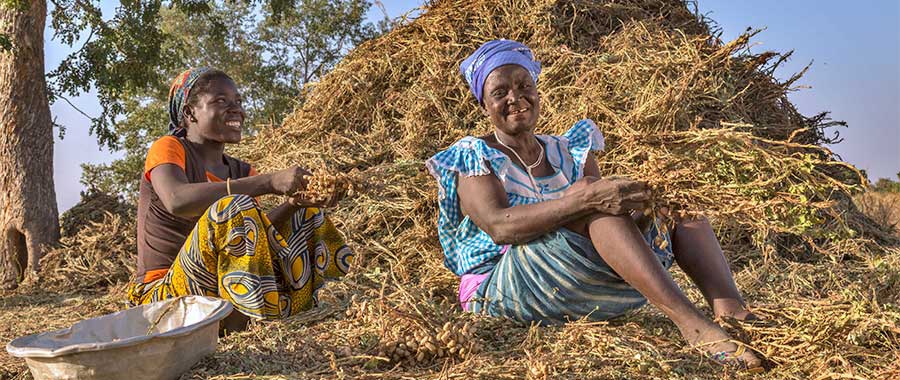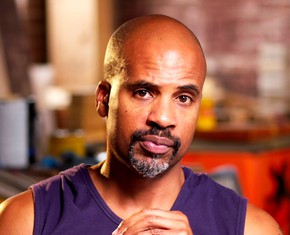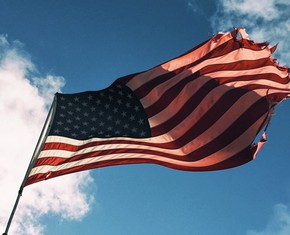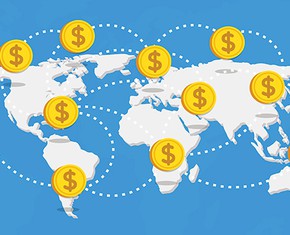The views expressed in our content reflect individual perspectives and do not represent the authoritative views of the Baha'i Faith.
When you think of a farmer, do you picture a woman? If not, maybe you should, because almost half of the world’s smallholder farmers are female.
In fact, United Nations’ Food and Agriculture Organization (FAO) data shows that the majority of economically active women in the least-developed countries work in agriculture.
But women still face tremendous barriers in farming—in many places, they’re not even allowed to own land. The FAO has concluded that giving women access to the same resources and education as men could increase food production from women by up to 30 percent.
The Baha’i teachings advocate exactly this sort of gender equality, saying that the world will not reach its true potential until women have equal rights and privileges:
… among the teachings of Baha’u’llah is the equality of women and men. The world of humanity has two wings—one is women and the other men. Not until both wings are equally developed can the bird fly. Should one wing remain weak, flight is impossible. Not until the world of women becomes equal to the world of men in the acquisition of virtues and perfections, can success and prosperity be attained as they ought to be. – Abdu’l-Baha, Selections from the Writings of Abdu’l-Baha, p. 301.
Women and men, when they farm together, are equal but separate members of the Smallholder Farmers Alliance in Haiti—which meant definitely going against the norm when we started the organization. Women members, through tree planting, get targeted support in the form of micro-loans exclusively for them, along with specialized business and leadership training.
The agricultural services all the farmers earn by tree planting are implemented by the farmers themselves, with a minimum of oversight and management. Our idea: to never become a bureaucracy, so we gradually turn everything over to the farmers to run. The farmers involved in implementing each service have to include a balance of women and men, so that gender equality becomes an accepted norm, part of the cultural DNA.
This summer, a hundred of our SFA members planted the first commercial cotton crop in Haiti in 30 years. We are reintroducing cotton as a high-value organic export to complement, but not replace, local food production. The Timberland company has committed to purchasing up to one third of their annual global cotton purchase from our farmers, subject to price and quality. Patagonia and Vans have also expressed their interest, and we’re currently in discussion with several other companies.
Over the next five years we plan to scale up to 14,000 farms growing around 10 million pounds of organic cotton a year. Because the farmers will continue to participate through tree currency, we project that an additional 25 million trees will be planted during that time.
Also, in terms of the big three issues I mentioned in the previous essay—namely food, climate and gender equality—the SFA farmers are close to doubling their past food output using our model. Imagine if that was extrapolated to the worldwide community of smallholders!
Our farmers grow that additional food organically and plant trees to finance their operation, both of which help combat climate change. What if one third of the world was similarly engaged? These Haitian SFA farmers have also set a new bar for gender equality in their communities. We still have a way to go before reaching full parity, but we’ll get there. Just think of this process being applied to a third of the world, and the ripple effect that it could have.
Finally, we’d recommend having an exit strategy before starting. When contemplating a project of any scale to support smallholder farmers, if you haven’t designed your exit strategy from day one, then you are part of the problem. Why? Because even with the best of intentions, it’s very easy to create a dependency rather than build capacity. This holds true across all social and economic development projects. Plan from the outset for any project to function entirely without grants and without oversight within a designated period of time. The developing world is already littered with the carcasses of abandoned agricultural projects that stopped the day the funding stopped. We certainly don’t need any more examples in this category.
The Smallholder Farmers Alliance experience in Haiti offers some examples of how this can be accomplished. If you’d like to get involved in a similar way, find companies that want to buy organic produce, and turn that into actual purchase orders if you want to get into exporting.
Next: make sure women farmers participate equally with men and have equal access to leadership roles and resources.
We never give cash handouts to farmers: in our case they earn every agricultural service through planting trees. Every one of these services—including farmer training, micro-credit loans, seed banks and so on—are all operated by farmers themselves from the outset, under our guidance and training, so they can eventually take over everything.
We’ve learned, through long experience, that empowering smallholder farmers—especially women—can have tremendous impacts on communities and entire countries:
Heretofore woman has been denied the right and privilege of equal development. If equal opportunity be granted her, there is no doubt she would be the peer of man. – Abdu’l-Baha, The Promulgation of Universal Peace, p. 134.
So the next time you put on a piece of cotton clothing, or eat a delicious fruit or vegetable, think of the farmer, and thank her.
This series of articles is adapted from a presentation made by Hugh Locke on November 3rd, 2018 at the Parliament of the World’s Religions in Toronto.
















Comments
Sign in or create an account
Continue with Googleor